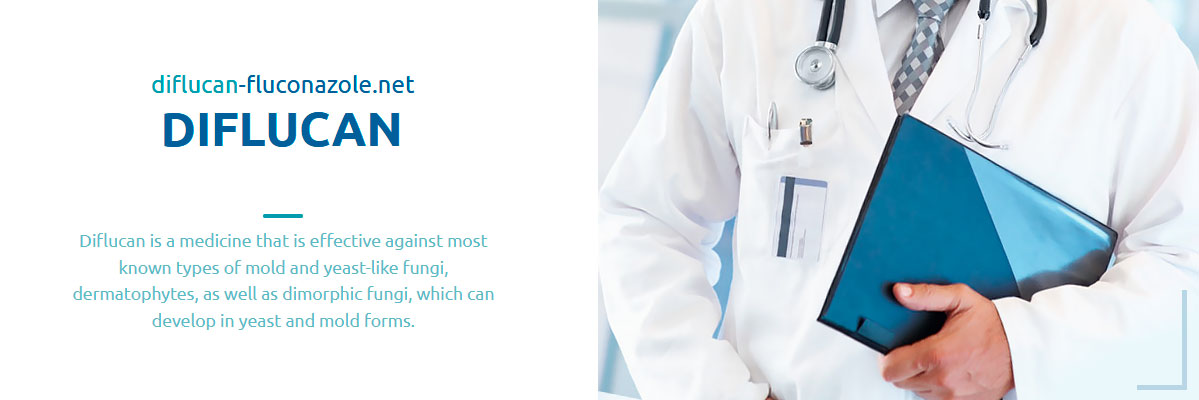Eczema is coin-shaped (numullary) characterized by the appearance of rounded generalized foci of inflammation in the form of rapidly boiling papules and vesicles. The sizes of the primary lesions vary from 1 to 5 cm. Externally, the rashes are very similar to a fungal infection, accompanied by severe itching. The first manifestations of coin-shaped eczema are localized on the lower extremities, and eventually spread to other parts of the body (trunk, back of the palms), without any specific location.
Most often, coin-like eczema is found in the adult population, and women are much less susceptible to it than men. The disease develops gradually, without sharp jumps and without the presence of this disease in the anamnesis.
Eczema belongs to the group of chronic skin diseases, the etiology of which is not fully understood. It is generally believed that the main causes of the onset and development of the disease are hereditary factors, external irritants (allergens of chemical or thermal origin), mechanical injuries of the skin, disturbances in the functioning of body systems and organs, impaired immune system functions, etc.
The clinical picture and diagnosis
Specific external symptoms of coin-like (numullary) eczema are round plaques with clearly defined borders, with a flaky surface in the form of small crusts. The characteristic areas of rashes are the lower and upper limbs, sometimes the torso. The clinical picture of the acute form of the disease is determined by the pronounced weeping of the epidermis in the lesions and the formation of new vesicular rashes.
Often, coin-like eczema is determined by acute lesions with exudate (excretion of serous fluid) and crusts, or chronic foci with erythema and flaky surface. In the acute form of the course, a secondary infection can join the eczematous lesion, which exacerbates the course of the disease. Symptoms of such processes are thick crusts of honey-yellow color on the surface of the foci.
All stages of the development of eczema are accompanied by itching of various intensities (usually very strong, boring).
Since the external signs of coin-shaped eczema are similar to the symptoms of other skin diseases, when diagnosing, the doctor will certainly make the so-called differential diagnosis. Should be excluded:
– T-cell skin lymphoma on the legs, which is often mistaken for coin-shaped eczema;
– psoriasis, the hallmarks of which in this case are the “geographical” contours of the lesions;
– fungal infections, the symptoms of which are flaky, clearly defined edges of the foci and a noticeable regression of rashes in the center.
Coin -like eczema can be treated with great difficulty, since the course of the disease is often unpredictable, changeable, with frequent relapses. In this state, the disease can be an indefinite number of months or even years. Characteristic for this form of eczema is also the fact that the lesions tend to maintain size even at the stage of remission and to recur during periods of exacerbation in previous areas.
How to treat?
When prescribing torpid treatment, it is necessary to conduct a patchwork test. The use of topical allergens, which include certain drugs (hydrocortisone, bacitracin, neosporin, etc.) can provoke the development of coin-like dermatitis. Therefore, it is necessary to abandon the use of all unnecessary moisturizing external agents, over-the-counter medications for internal use, infusions and decoctions of medicinal herbs.
In the presence of mycosis or fungal infections, antifungal drugs are prescribed. The presence of a secondary infection in the lesion foci needs treatment with systemic anti-staphylococcal antibiotics. To reduce itching, antihistamines are required. Good results in the symptomatic treatment of coin-like eczema are shown by phototherapy – irradiation of the affected skin with ultraviolet radiation of spectrum B.
In any case, treatment should be carried out only under the supervision of a specialist. Self-medication and treatment of eczema with folk remedies is highly not recommended.
